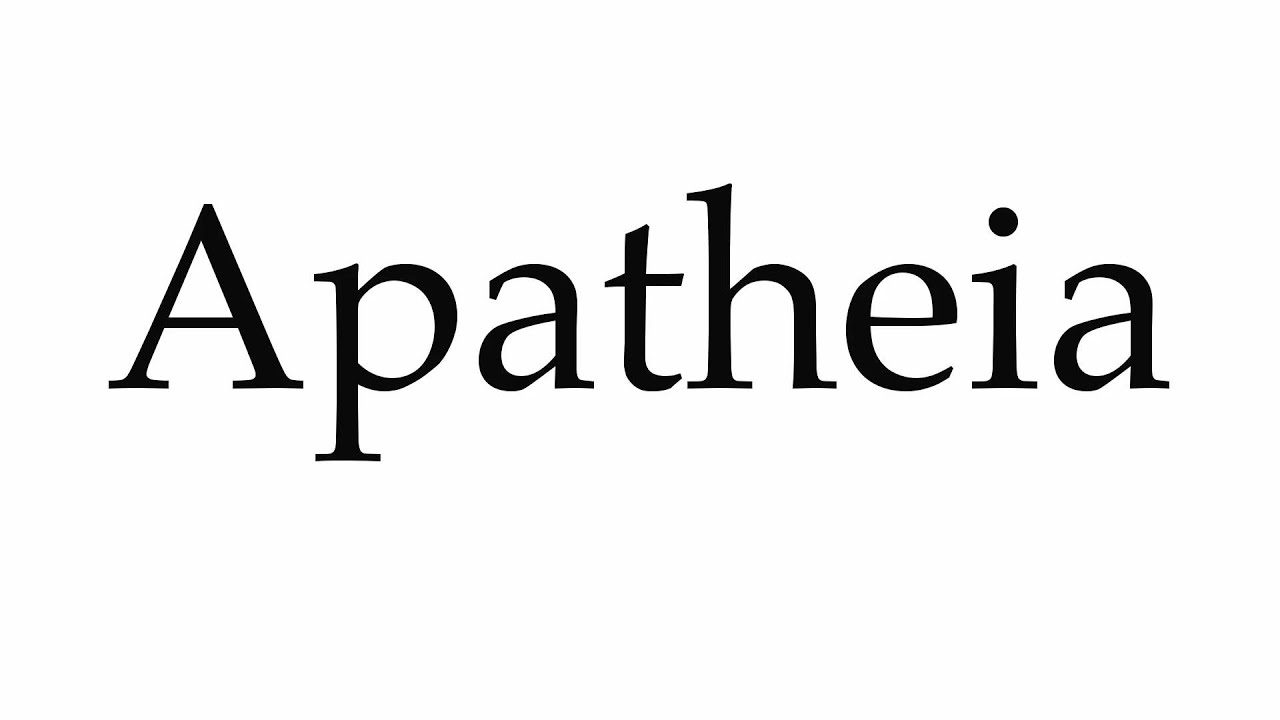Life is a journey that we all must undertake, and at some point, it comes to an end. Death is an inevitable part of life, and the Stoics understood this fact very well. For them, the idea of Memento Mori, or “remembering that you will die,” was not something to be feared, but rather a powerful tool to live a better life. In this article, we will explore the Stoic practice of Memento Mori and how it can help us embrace life in a more meaningful way.
The Stoic Practice of Memento Mori
Memento Mori is a Latin phrase that means “remember that you will die.” It has been used as a reminder of mortality since ancient times, with various cultures using it to encourage people to live a more virtuous life. However, it was the Stoics who developed this idea into a full-fledged philosophy.
The Stoics believed that death was not something to be feared, but rather a natural part of the cycle of life. They saw it as an opportunity to live a better life, free from the distractions and worries of the world. They believed that by remembering that we will die, we can better appreciate the present moment and focus on what truly matters in life.
How to Practice the Stoic Practice of Memento Mori
The Stoics believed that by practicing Memento Mori, we can become more mindful of our own mortality and live a more virtuous life. Here are some ways you can incorporate this practice into your own life:
1. Reflect on your mortality daily
The Stoics believed that we should reflect on our own mortality every day. This can be as simple as taking a moment to think about how precious life is and how quickly it can end. By doing this, we can better appreciate the present moment and focus on what truly matters in life.
2. Live in accordance with your values
The Stoics believed that we should live in accordance with our values, rather than being swayed by the opinions of others or the distractions of the world. By focusing on what truly matters to us, we can live a more meaningful life and make a positive impact on the world around us.
3. Embrace the present moment
The Stoics believed that by embracing the present moment, we can better appreciate the beauty of life and live in accordance with our values. They saw death as a reminder to live fully in the present, rather than worrying about the past or the future.
4. Be grateful for what you have
The Stoics believed that we should be grateful for what we have, rather than focusing on what we lack. By cultivating a sense of gratitude, we can better appreciate the beauty of life and the people around us.
The Benefits of Practicing Memento Mori
Practicing the Stoic Practice of Memento Mori can have numerous benefits, both for our mental and emotional well-being. Here are some of the benefits of embracing this practice:
1. Greater appreciation for life
By reflecting on our own mortality, we can better appreciate the beauty of life and the people around us. We can focus on what truly matters and live a more meaningful life.
2. Reduced anxiety and stress
By embracing the present moment and focusing on what truly matters, we can reduce our anxiety and stress levels. We can live a more peaceful and contented life.
3. Increased resilience
Practicing Memento Mori can help us become more resilient in the face of adversity. By remembering that we will die, we can better appreciate the challenges we face and see them as opportunities for growth and learning.
4. Greater sense of purpose
By living in accordance with our values and focusing on what truly matters, we can develop a greater sense of purpose in life. We can feel more fulfilled and satisfied knowing that we are living a life that aligns with our values and makes a positive impact on the world around us.
Embracing the Inevitable
The Stoic Practice of Memento Mori is not about fearing death, but rather embracing it. It is about recognizing that death is an inevitable part of life and using this knowledge to live a better life. It is about living each day to the fullest and making the most of the time we have.
Imagine yourself as a leaf on a tree, with the wind gently blowing you back and forth. You know that eventually, you will fall from the tree and return to the earth. But instead of fearing this inevitability, you embrace it. You appreciate the beauty of the tree and the world around you, and you make the most of the time you have.
This is what it means to embrace the inevitable. To live in the present moment, appreciate the beauty of life, and make the most of the time we have. By practicing Memento Mori, we can develop this mindset and live a more fulfilling life.
FAQs
- Is practicing Memento Mori depressing?
No, practicing Memento Mori is not depressing. It is about embracing the inevitable and living each day to the fullest. By recognizing our own mortality, we can better appreciate the present moment and live a more meaningful life.
- Can anyone practice Memento Mori?
Yes, anyone can practice Memento Mori. It is a philosophy that is accessible to everyone, regardless of their background or beliefs.
- How often should I reflect on my own mortality?
The Stoics believed that we should reflect on our own mortality every day. However, you can practice Memento Mori in a way that works for you. You may choose to reflect on your mortality once a week or once a month, depending on what feels most comfortable.
- Is Memento Mori a religious practice?
No, Memento Mori is not a religious practice. It is a philosophy that has been embraced by people from various cultures and backgrounds.
- How can I incorporate Memento Mori into my daily life?
You can incorporate Memento Mori into your daily life by taking a moment to reflect on your own mortality, living in accordance with your values, embracing the present moment, and cultivating a sense of gratitude. By doing these things, you can develop a mindset of embracing the inevitable and living a more meaningful life.
Conclusion
The Stoic Practice of Memento Mori is a powerful practice that can help us embrace the inevitability of death and live a more fulfilling life. By reflecting on our own mortality, living in accordance with our values, embracing the present moment, and cultivating a sense of gratitude, we can develop a mindset of embracing the inevitable and making the most of the time we have. So take a moment today to reflect on your own mortality, and embrace the beauty of life in all its impermanence.




